Global Ghost Gear Initiative Meeting and Workshop in Panama
February 2020
The Manta Caribbean Project has recently joined the Global Ghost Gear Initiative (GGGI), with the goal of reducing threats to mobulid rays and creating solutions to address the ghost fishing in their region through capacity building, community engagement and public-private collaboration.
In November 2019, the UN Food and Agriculture Organisation, in collaboration with the Global Ghost Gear Initiative, The Ocean Conservancy, Government of the Netherlands, Conservation International and Panama Water Resources Authority hosted a three day workshop for organisations across the Caribbean and Latin-America. The work shop was aimed at capacity building and creating a wider network of collaborating organisations in the region working to tackle the issues surrounding ghost fishing.
The Manta Caribbean Project presented our proposal for addressing ghost fishing in the Mexican Caribbean region through capacity building, community engagement and private-public collaboration.
This year, our project is tasked with collecting data on the threat level that ghost fishing gear represents around the Yucatan Peninsula (Isla Holbox, Chiquila, Progreso and Isla mujeres). To do this we will be conducting surveys with 300-500 fishermen and local authorised tour operators working in the regions marine protected areas.
Image credit: Scott Sansenbach
What is ghost fishing?
Ghost fishing is also known as ghost gear and is any discarded, lost, or abandoned, fishing gear in the marine environment. This gear continues to fish and trap animals, entangle and potentially kill marine life, smother habitats and act as a hazard to navigation. Derelict fishing gear, such as nets or trap pots, is one of the main types of debris impacting the marine environment today (NOAA, 2018).
Ghost fishing gear can pose a threat to mantas and mobulas as they can easily get entangled, suffocate, and become exhausted. Once entangled, mobulas and mantas can’t swim backwards and instead try to roll and flip out, often entangling themselves further. Across their habitat range, mantas are regularly seen swimming with pieces of fishing line, ghost nets and fishing hooks. Luckily in the case below our team managed to free this manta ray.
The GGGI has created a manual to mitigate, prevent and create capacity building for the management of fishing gear to reduce the impacts ghost fishing can create from the an economic, ecological and social perspective.
For two days, members of the GGGI we were able to learn about what other projects are currently doing in their respective countries. Through talks, keynote speakers, and discussion panels, we were able to create conversation between fishing industry corporations, non-governmental organisations, governments and others to address the ghost fishing impacts in the marine ecosystem.
KAREN FUENTES
Manta Caribbean Project Founder





